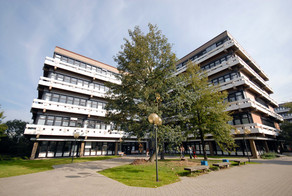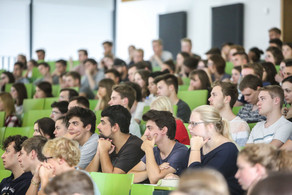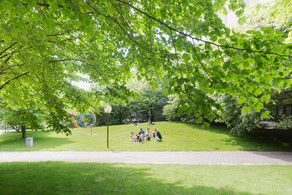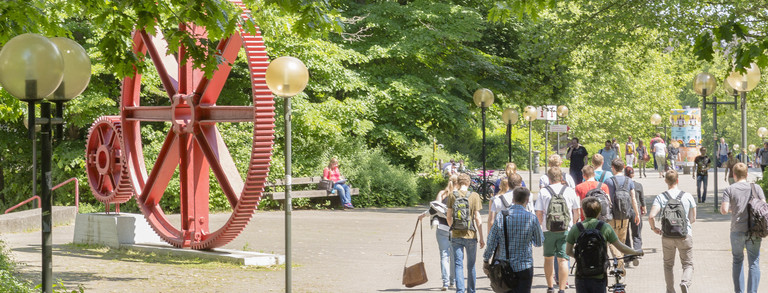Topic: Study on the quality of distance education ("homeschooling")

Since the beginning of the pandemic containment measures in March 2020, children, young people and their parents have faced particular challenges. Daycare centers, schools, playgrounds, clubs were closed from one day to the next and families had to find self-organized solutions for care and schooling. Politicians agreed that the schools and childcare facilities should welcome the children and young people back after the summer vacations. While most clubs were already allowed to offer no or very limited child and youth services after the fall break, the face-to-face learning continued until December 16, 2020; at the latest since then, children and youth with their families were either in a partial lockdown (daycare centers and schools up to grade 6 provide emergency care) or, until recently, in a complete lockdown (students in grades 7-11 receive distance learning). Several studies of distance learning during the first lockdown showed that implementation of distance learning was extremely heterogeneous - depending on the country and school, and in some cases depending on the grade in a school (Steinmayr, Lazarides, Weidinger & Christiansen, 2021). Since the first lockdown, various measures have been initiated to improve distance learning, e.g., learning platforms have been purchased for schools, digital devices for teachers and students have been ordered, trainings for teachers on distance learning have been conducted. With the aim of investigating whether these measures actually led to an improvement in distance learning during the second pandemic-related school lockdowns, Prof. Dr. Ricarda Steinmayr from TU Dortmund University and Prof. Dr. Hanna Christiansen from the University of Marburg conducted a survey analogous to their survey on distance learning during the first lockdown (Steinmayr et al., 2021), they asked a total of 3480 parents how they experienced their children's distance learning during the second lockdown, since another study by the authors showed that many parents were very stressed by homeschooling (Thorell et al., 2021).
Preliminary results on the Second School Lockdown study can be found here:
The published results of the first study can be found at the following link:
Steinmayr, R., Lazarides, R., Weidinger, A.F., & Christiansen, H. Teaching and learning during the first COVID-19 school lockdown: realization and associations with parent-perceived students' academic outcomes. Journal of Educational Psychology, 0(0), 1-22. doi: https://doi.org/10.1024/1010-0652/a000306
For an interview on this research project with Ms. Steinmayr, see this link: quality of homeschooling is often a "matter of luck".
Ms. Steinmayr has also given another interview on this topic on Westpol: One to one on WDR to present, among other things, the results of this project and to answer some more questions about it. The interview in full length can be found in the ARD-Mediathek under the following link:
Also in Der Spiegel you can find two different articles related to this project here:
- Survey in Corona Times - This is how parents experience digital instruction.
- Schools are far from regular operation - "Even after the summer vacations, we remain in crisis mode".
The results on the international study on distance learning can be found here:
- Thorell, L.B., Skoglund, C, de la Peña, A.G., Baeyens, Di., Fuermaier, A.B.M., ... Steinmayr, R. , . . . Christiansen, H. (2021). Parental experiences of homeschooling during the COVID-19 pandemic: differences between seven European countries and between children with and without mental health conditions. European Child & Adolescent Psychiatry. https://link.springer.com/article/10.1007/s00787-020-01706-1
Contact persons: Prof. Dr. Ricarda Steinmayr





